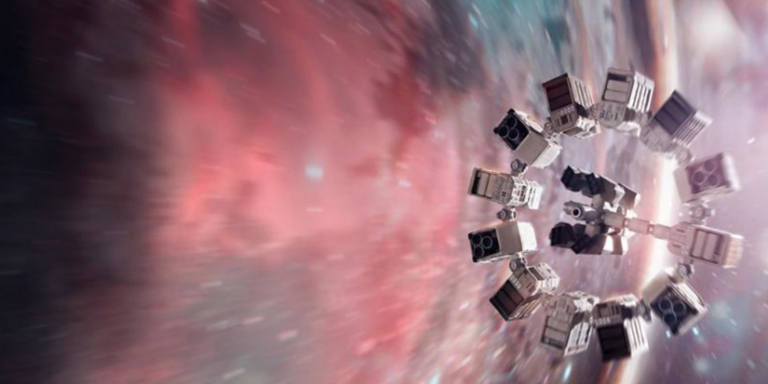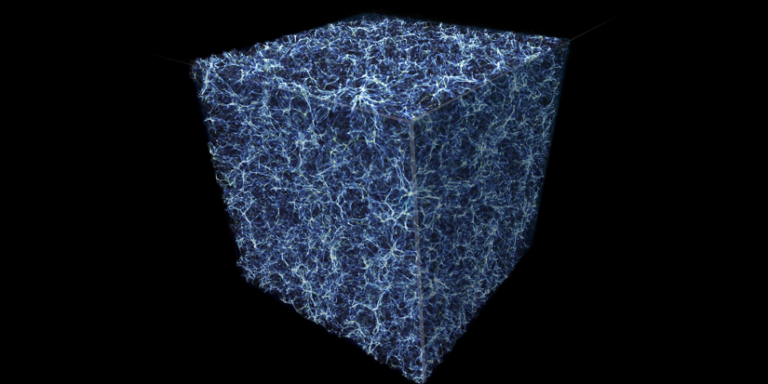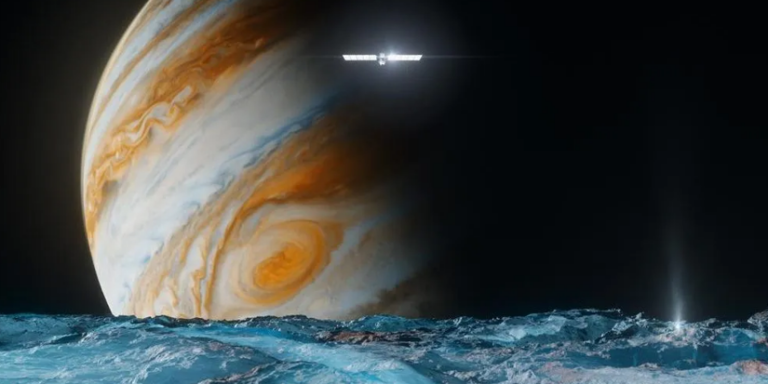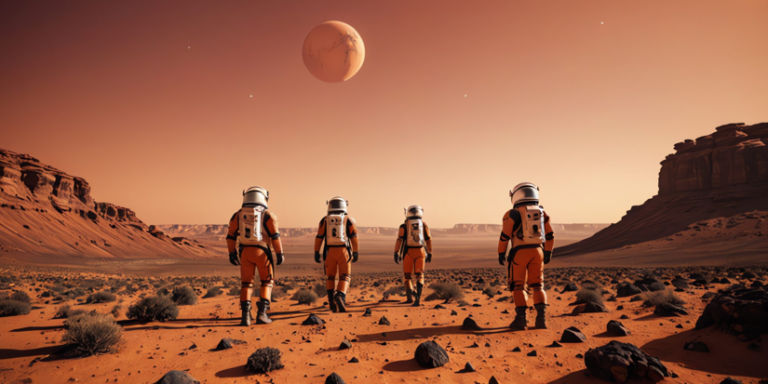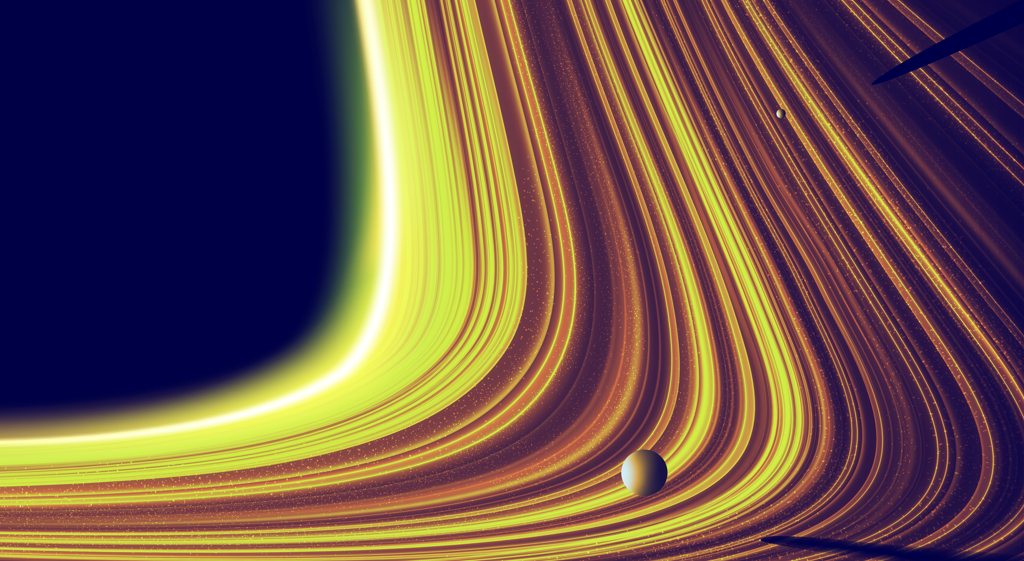
The idea that our universe could be inside a black hole is one of the most thought-provoking and speculative concepts in modern cosmology. While it might sound like science fiction, this hypothesis stems from real physical theories, offering an intriguing possibility for how our universe might operate on a fundamental level. The concept pushes the boundaries of our understanding of space, time, and the nature of reality itself. But how could this be possible? Let’s dive into the idea, its implications, and the science behind it.
Black Holes: Nature’s Ultimate Mystery
Black holes are regions of space where gravity is so intense that nothing, not even light, can escape. They form when massive stars collapse at the end of their lifecycles, compressing all their mass into a tiny, infinitely dense point called a singularity. Surrounding the singularity is the event horizon, the boundary beyond which nothing can return.
To understand the hypothesis that our universe might exist inside a black hole, it’s essential to grasp the relationship between black holes and spacetime. In Einstein’s general theory of relativity, gravity isn’t a force but the warping of spacetime itself. Black holes represent an extreme warping of spacetime where the usual rules seem to break down.
The Universe-Black Hole Hypothesis
The notion that our universe could reside within a black hole finds its roots in several overlapping concepts in modern physics. One of the key ideas is that black holes may act as a bridge between different regions of spacetime. When matter falls into a black hole, instead of being destroyed, it might be compressed and funneled into a new, expanding region of spacetime on the “other side.”
In this view, the event horizon of a black hole in a parent universe could be what we perceive as the boundary of our own universe. Essentially, our entire universe may be the interior of a black hole in another, larger universe. From our perspective inside this black hole, we would see an expanding universe, which aligns with our observations of cosmic expansion due to the Big Bang.
Evidence for the Hypothesis
While this idea is speculative, several aspects of black hole physics and cosmology hint at the plausibility of this theory:
- Cosmic Expansion and Black Hole Growth: Black holes, particularly supermassive black holes, grow by accumulating mass. This is somewhat analogous to the observed expansion of our universe, which continues to grow larger over time. If our universe is inside a black hole, the expansion of the universe could correspond to the black hole increasing in size as more matter falls into it from its parent universe.
- Singularity and the Big Bang: The singularity inside a black hole, where densities become infinite, parallels the singularity we believe the universe originated from at the Big Bang. The idea is that the Big Bang could represent the moment when matter entered a black hole in a higher-dimensional space and expanded into the universe we now inhabit.
- The Shape of Spacetime: General relativity describes how black holes distort spacetime. A rotating black hole (known as a Kerr black hole) creates a tunnel-like structure connecting two regions of spacetime, often referred to as a “wormhole.” This concept provides a potential bridge between universes or different regions of the same universe, raising the possibility that our universe could be on the “other side” of such a structure.
Challenges and Criticisms
Despite its appeal, the hypothesis that our universe is inside a black hole faces significant challenges:
- Testability: One of the main issues is that this idea is incredibly difficult to test. Black holes by their nature prevent direct observation beyond the event horizon. Moreover, it’s unclear how we would gather evidence from within our universe that could definitively prove we’re inside a black hole in another universe.
- Quantum Mechanics vs. Relativity: The concept largely arises from the theory of general relativity, but one of the biggest unsolved problems in physics is how to reconcile general relativity with quantum mechanics, the theory that governs the smallest scales of the universe. Black hole interiors, especially singularities, require a theory of quantum gravity, which scientists have yet to fully develop. Until we have a unified theory, these ideas remain speculative.
- Different Black Hole Theories: The “firewall paradox” and other issues related to the information paradox—what happens to information that falls into a black hole—are still unresolved. Depending on how these paradoxes are solved, the possibility that our universe is inside a black hole might be invalidated.
Implications for the Nature of Reality
If our universe were inside a black hole, it would fundamentally reshape our understanding of reality. It would suggest a fractal-like nature to the cosmos, where black holes within our universe might also contain other universes, and our universe is just one of many within a multiverse. The boundaries between “inside” and “outside” would blur, and our conception of space and time would require a radical overhaul.
Such a scenario would also shift our understanding of what the Big Bang represents. Rather than being the beginning of everything, it might be just the latest chapter in an ongoing process of black hole formation, collapse, and expansion in different regions of a larger cosmos.
Conclusion: A Profound Speculation
The idea that our universe could exist inside a black hole is speculative but captivating. It opens up profound possibilities about the structure of reality and our place in the cosmos. While the evidence supporting this idea remains circumstantial, it pushes the boundaries of our imagination and understanding. As we continue to explore the mysteries of black holes, spacetime, and the universe, this hypothesis remains a reminder of how much we have yet to learn about the true nature of existence.
Whether or not our universe is inside a black hole, the concept highlights the strange and wonderful possibilities in modern physics, where the universe is often far more mysterious and complex than we could ever have imagined.
